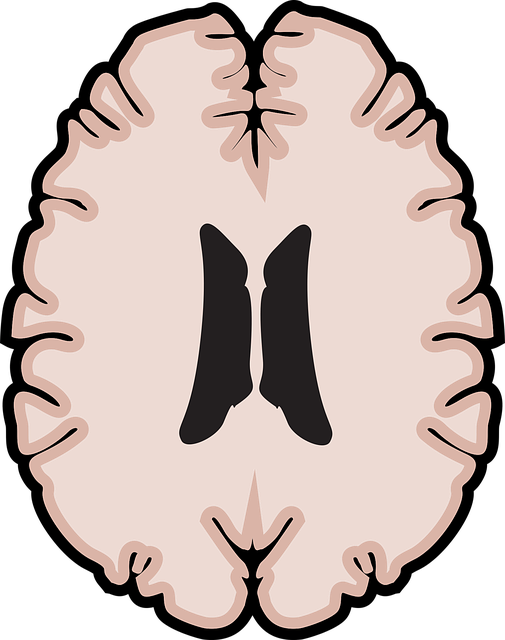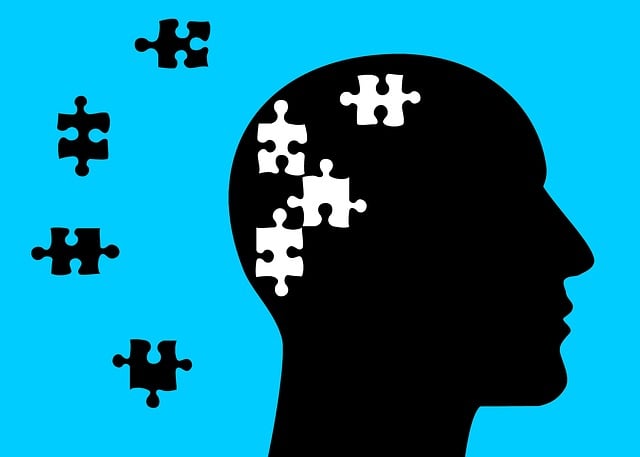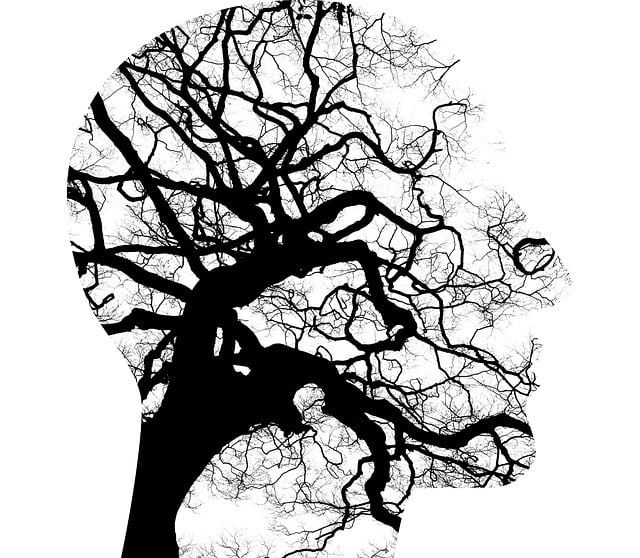In today's fast-paced world, mental wellness is crucial but often overlooked. Mental Wellness Coaching Programs address this gap by offering tailored guidance for unique challenges, reducing stigma with initiatives like Crisis Intervention and Community Outreach. Integrating Lafayette Neuro Disorders Therapy (LNDT) provides a powerful holistic approach, focusing on rewired negative thought patterns through evidence-based methods. LNDT empowers clients to manage stress, boost confidence, and develop self-care routines, fostering emotional resilience. Tailored curricula, active listening, and empathy create safe spaces for exploration, while risk management skills and workshops help identify triggers and develop coping mechanisms. Success is measured through client satisfaction, psychological improvements, and reduced symptoms, with continuous improvement driven by feedback and evidence-based practices like trauma-informed care.
Mental wellness coaching programs are gaining prominence as essential tools for fostering resilience and improving overall well-being. This article explores the development of such programs, focusing on integrating innovative therapies like Lafayette Neuro Disorders Therapy (LNDT). We delve into effective curricula design, practical coaching techniques, and successful implementation strategies. By examining these key areas, we aim to equip professionals with insights to create impactful mental wellness coaching experiences.
- Understanding the Need for Mental Wellness Coaching Programs
- Integrating Lafayette Neuro Disorders Therapy into Coaching
- Designing Effective Coaching Curricula and Techniques
- Implementing and Delivering Coaching Sessions with Impact
- Measuring Success and Continuous Improvement Strategies
Understanding the Need for Mental Wellness Coaching Programs

In today’s fast-paced world, mental wellness is just as crucial as physical health, yet many individuals struggle to access adequate support. This is where Mental Wellness Coaching Programs step in, offering a proactive approach to fostering resilience and coping mechanisms. With increasing rates of anxiety, depression, and other neurodisorders, such as those managed by Lafayette Neuro Disorders Therapy, there is a growing need for accessible interventions. These coaching programs aim to fill the gap left by traditional therapy, providing guidance tailored to each individual’s unique challenges.
The development of these initiatives, including Crisis Intervention Guidance and Community Outreach Program Implementation, is essential in reducing the stigma surrounding mental illness. By integrating such programs into communities, we can create a network of support that encourages open conversations and early intervention. Mental wellness coaching not only equips individuals with tools to manage their conditions but also promotes overall well-being, ensuring a brighter and healthier future for all.
Integrating Lafayette Neuro Disorders Therapy into Coaching

Integrating Lafayette Neuro Disorders Therapy (LNDT) into coaching programs offers a powerful approach to enhancing mental wellness. LNDT focuses on rewiring negative thought patterns and behaviors, making it an innovative tool for coaches to support clients in achieving better mental health outcomes. By combining traditional coaching techniques with LNDT’s evidence-based methods, professionals can create tailored interventions that address underlying neuropathways related to stress management, confidence boosting, and self-care routine development.
This integration allows for a more holistic and effective approach, enabling coaches to help clients break free from limiting beliefs and promote positive change on a deeper level. Through LNDT, coaching sessions can become dynamic environments where individuals learn to manage their neurochemical responses, thereby fostering improved emotional resilience and overall well-being.
Designing Effective Coaching Curricula and Techniques

Effective coaching curricula require a structured approach that combines evidence-based practices and adaptive techniques. At Lafayette Neuro Disorders Therapy, we understand that one-size-fits-all models rarely work in mental wellness coaching. Therefore, our programs prioritize personalized learning paths that cater to individual needs and goals. We integrate various modalities, such as cognitive behavioral therapy, mindfulness practices, and goal setting strategies, allowing coaches to empower clients with practical tools for managing stress, cultivating inner strength, and fostering resilience.
The development of coaching techniques should focus on active listening, empathy, and non-judgmental support. Coaches play a crucial role in creating a safe space where individuals can explore their thoughts and emotions openly. By incorporating skills from risk management planning for mental health professionals, coaches can help clients identify triggers, develop coping mechanisms, and build adaptive strategies to navigate challenges effectively. Stress management workshops organization within these programs further enhances participants’ ability to regulate stress response and promote overall well-being.
Implementing and Delivering Coaching Sessions with Impact

Implementing coaching sessions that truly impact mental wellness requires a thoughtful approach. Coaches should create a safe and supportive environment, fostering open communication where clients feel empowered to explore their thoughts and emotions. Using techniques like active listening, reflective questioning, and empathy building strategies, coaches can help individuals gain new insights and develop coping mechanisms for stress, anxiety, or even conditions like Lafayette Neuro Disorders Therapy.
The delivery of these sessions should be tailored to each client’s unique needs and preferences. Incorporating exercises for self-esteem improvement and positive thinking can significantly enhance the coaching experience. By combining theoretical knowledge with practical activities, coaches enable clients to integrate healthy habits into their daily lives. This holistic approach ensures that the benefits of coaching extend beyond the session, promoting long-term mental wellness.
Measuring Success and Continuous Improvement Strategies

Measuring success and implementing continuous improvement strategies are integral components of developing effective mental wellness coaching programs. Success can be defined through various metrics, such as client satisfaction ratings, improvements in key psychological indicators, or reductions in symptoms associated with common mental health disorders like anxiety and depression. For instance, Lafayette Neuro Disorders Therapy has seen remarkable outcomes by tracking progress through regular assessments and self-reported surveys. This data allows coaches to identify areas of improvement and tailor interventions accordingly.
Continuous improvement involves regularly reviewing program effectiveness, gathering feedback from both clients and coaches, and incorporating evidence-based practices. Mental Health Education Programs Design can benefit from trauma-informed care approaches, enhancing support services for individuals with a history of traumatic experiences. Similarly, Self-Care Routine Development for Better Mental Health should be encouraged, empowering individuals to proactively maintain their well-being. Regular program evaluations ensure that coaching strategies remain relevant and impactful over time.
Mental wellness coaching programs are a vital tool for promoting holistic well-being. By integrating evidence-based practices like Lafayette Neuro Disorders Therapy, coaches can effectively design and deliver curricula that cater to diverse individual needs. Through continuous improvement strategies, measuring success, and adapting techniques, these programs empower individuals to navigate life’s challenges with resilience and enhanced mental wellness.









